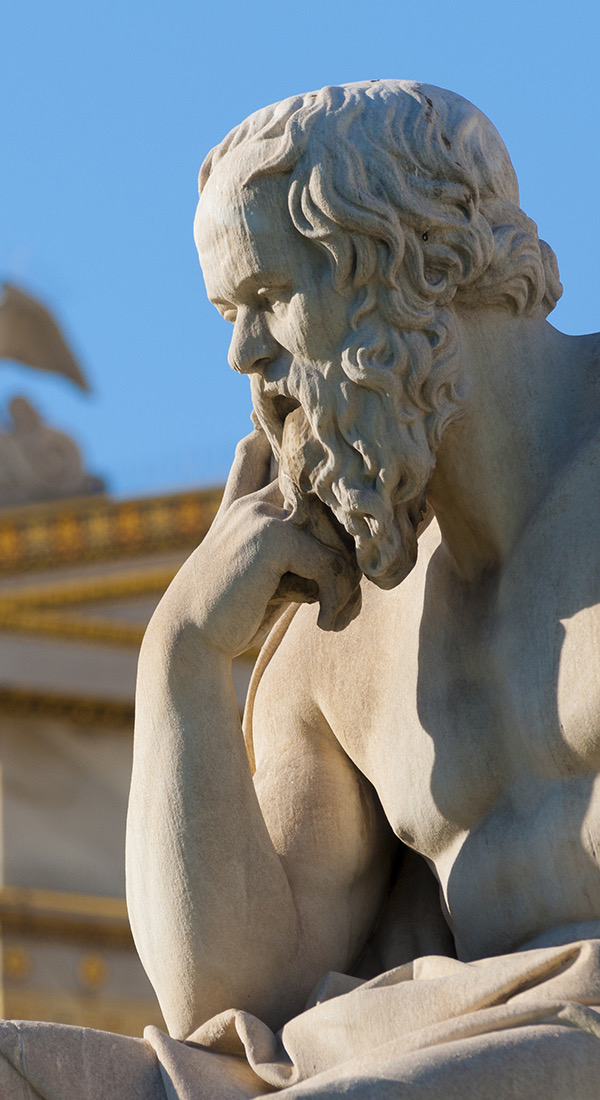On Diversity in Historical Dramas
This is a regular topic of conversation around my dinner table lately: diversity in recent historical drama productions. And not in the Hamilton sense, where a diverse cast is playing obviously-not-diverse historical figures — I mean things like the upcoming Bridgerton, where we have POC as dukes and duchesses in 19th century England, where diversity wasn't so much a thing.
Which is not to say that there weren't Black people in London in the 1800s — there were, and in great numbers, and not just impoverished wretches (as a lot of other shows would have you believe). But they weren't noblemen, either, and I dare say even the highest-class of POC in those days were treated pretty terribly by the White establishment.
However, we do not live in the 1800s anymore, and media produced and consumed today really needs to reflect the demographics of our world. As Geena Davis said: "If she can see it, she can be it." Meaning it's our duty, as creators, to give people positive representation in the content we create — not just as the cynical stereotypes that come easiest, but in aspirational roles. Having a dashing Black nobleman as one of the romantic leads in a period piece isn't just a gimmick, it's essential to teaching people (of all kinds) that yes, this is good and fine and normal.
Except... is it, really? That's where I get stuck, because while you and I and other clever people know that a dashing Black nobleman romancing his way around Regency England wasn't actually a thing, a lot of people might actually believe it's a kind of docudrama, and completely misunderstand history. Yes, Queen Anne was probably mixed-race to some degree, but slavery wasn't properly abolished in Great Britain until 20 years after Bridgerton is set. By creating these aspirational characters, are we inadvertently waving off the very real atrocities that were happening in that time period? Should a viewer, today, be fooled into thinking life was actually better back then, and that somehow we've devolved as a society in the centuries since? Or should we skip the fantasy-history and stick to realism, and make it as hard-edged as it should rightly be?
Well, here's the issue: while I and all other White people should have that hard-edged brutality seared into our brains at every given opportunity, doing so repeatedly and without mercy means creating content that almost always traps POC in a nightmare they're already living. Escapist fare is meant to be escapist: you get to live the life of the rich, in a castle with melodrama and intrigue, but no real consequences. If we say "all stories depicting historical POC have to be technically correct" then we're leaving POC out of proper escapist entertainment — effectively punishing them for our sins.
So what's the correct answer? I don't think there is one. Or if there is, it's something like this: escapist fare with proper representation is good, but you should make an effort to explain, in peripheral materials, how the real world wasn't so rosy. It's an imperfect solution, but on the whole, I think we need more diversity in our entertainment now, even if it skews reality a little.
